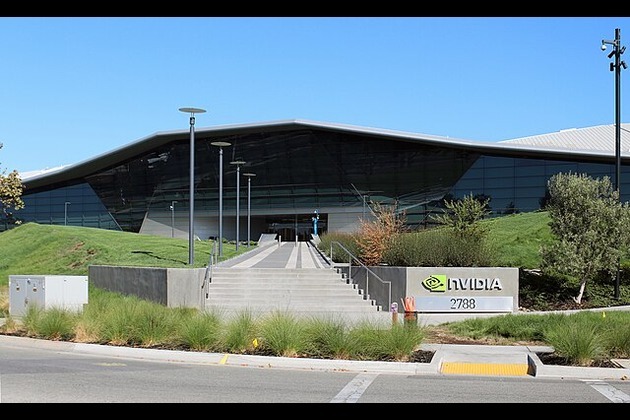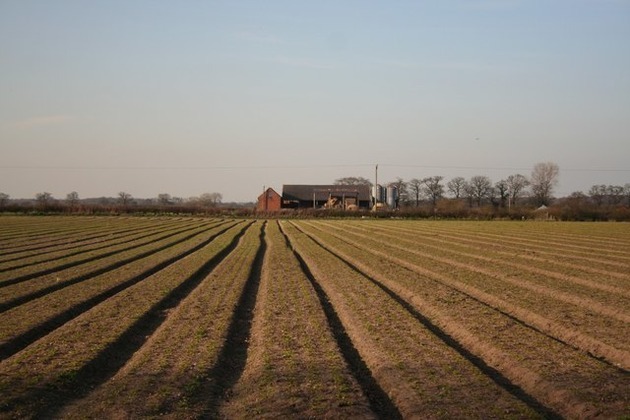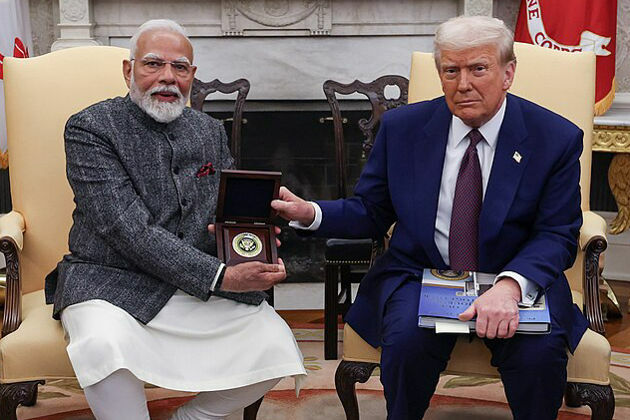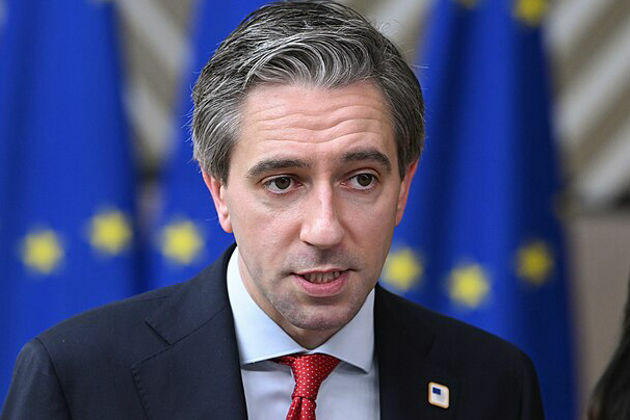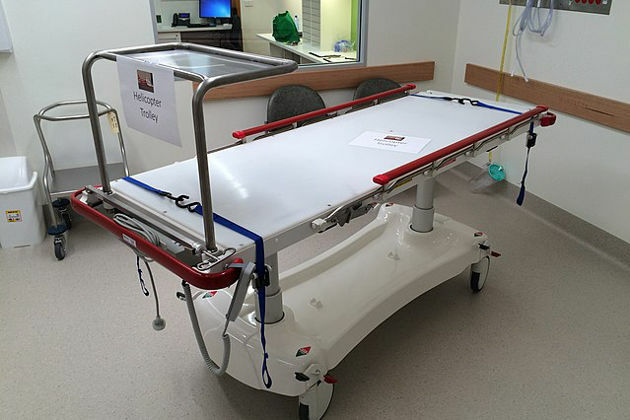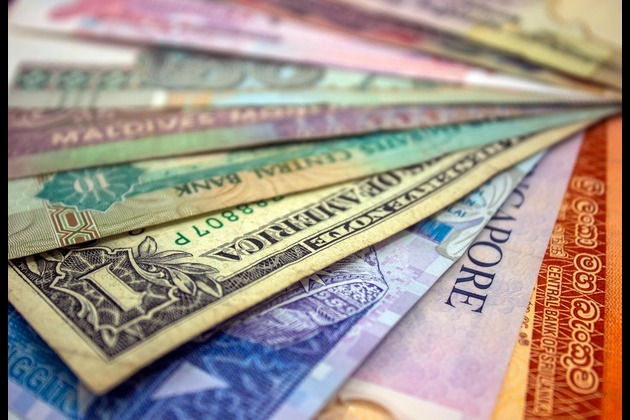Second lockdown looms in France as coronavirus rages unabated
Xinhua
27 Oct 2020, 01:21 GMT+10
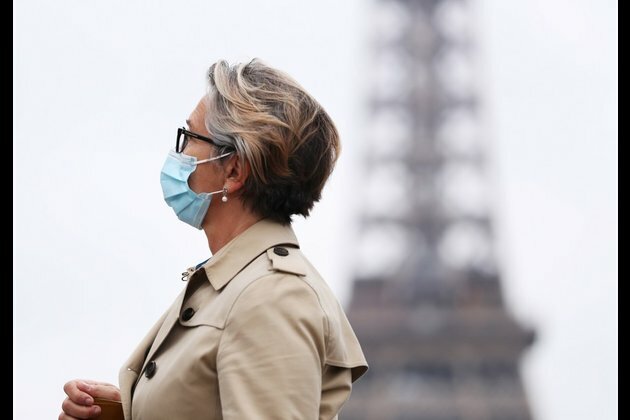
A woman wearing a face mask walks past the Trocadero Place near the Eiffel Tower in Paris, France, Oct. 23, 2020. (Xinhua/Gao Jing)
"We have anticipated a second wave. However, we are surprised by the brutality of what has been happening over the past ten days," said Jean-Francois Delfraissy, head of the scientific council that advises the government on the pandemic.
"There are probably more than 50,000 cases per day, it is estimated by the scientific council that we are rather around 100,000 cases per day," he said.
PARIS, Oct. 26 (Xinhua) -- France, which is hit hard by the second wave of COVID-19 in recent weeks, may soon need to enter a new phase of confinement, experts warned on Monday.
The number of infected cases is already significantly higher than for the first wave, which drags the country into "a difficult, even critical situation," said Jean-Francois Delfraissy, head of the scientific council that advises the government on the pandemic.
"We have anticipated a second wave. However, we are surprised by the brutality of what has been happening over the past ten days," he told RTL radio.
"There are probably more than 50,000 cases per day, it is estimated by the scientific council that we are rather around 100,000 cases per day," he said.
People wearing face masks walk past the Trocadero Place near the Eiffel Tower in Paris, France, Oct. 23, 2020. (Xinhua/Gao Jing)
On Sunday, France registered 52,010 new COVID-19 cases, a new daily record after 45,422 on Saturday. The cumulative total of confirmed cases in the country now stands at 1,138,507, after passing the threshold of one million on Friday.
Seventeen percent of the tests are positive on Monday, up from 16 percent on Saturday, 15.1 percent on Friday, and just 4.5 percent in early September.
Citing the steep increase in infection rates, Eric Caumes, head of the Infectious Diseases Department of Pitie-Salpetriere hospital in Paris, commented that "I think that today we no longer have a choice, we will have to re-confine... There will be no other solution, unfortunately."
"We will no longer be able to properly treat other patients if the system is saturated with COVID-19 patients. The longer we wait to make the right decisions, the less effective they will be," he told France Info radio.
On Friday, the number of hospitalized coronavirus patients exceeded 15,000 in France.
According to Karine Lacombe, head of the Infectious Diseases Department at Saint-Antoine Hospital in Paris, "the situation is now out of control.
"We will see how the healthcare system will resist till the weekend. But as it stands, a lockdown will probably be the measure that will have the biggest impact on the saturation of the sanitary system," she said.
Policemen patrol during the curfew in Nice, southern France, Oct. 24, 2020. (Photo by Serge Haouzi/Xinhua)
The government has pledged to avoid an expensive lockdown, which curbed the first wave of the outbreak at the cost of an unprecedented economic recession.
Since September, extra anti-COVID-19 measures have been implemented in regions on maximum alert. These include the closure of bars, pools and gyms. Entertainment facilities, including dance clubs and trade shows, are also closed. All outdoor facilities, such as stadiums, remain open but only for fewer than 1,000 people.
The government has introduced nighttime curfews in 54 departments, affecting more than two-thirds of France's 67 million population. As of 12 midnight last Friday until early December, people must stay at home between 9 p.m. and 6 a.m.
"If we completely re-confine as we did in March, it is not a 10 percent recession what we risk but a collapse of the economy," warned Geoffroy Roux de Bezieux, president of MEDEF, France's main employers' organization.
"When we were locked down in March, we had a growing economy, companies had healthy finances. Now, they are weakened and risk to not recover," he said, noting the need to "find the right level of restriction that allows the economy to continue."
Delfraissy believed that "the virus circulates extremely fast" and that it would be necessary to at least tighten and extend the curfew in the face of a second "brutal" wave of the epidemic. He also echoed the same concern over the economic and societal impact of a new lockdown.
He suggested "two scenarios" to stem this second wave. The first is "to move towards a more massive curfew both in its schedule and in its extent at the national level."
"After 10 to 15 days ... we could look at the curve of new contaminations ... and if we are not in the right direction, go towards containment," he said.
The second scenario is "to go directly towards confinement, less hard than that of the month of March" and "for a shorter duration followed by very specific deconfinement conditions."
"The faster we take measures, the more (they) will have a certain form of effectiveness," he insisted.
As the world is caught in the second wave of the COVID-19 pandemic, countries including France, Italy, China, Russia, Britain and the United States are racing to find a vaccine.
According to the website of the World Health Organization, as of Oct. 19, there were 198 COVID-19 candidate vaccines being developed worldwide, and 44 of them were in clinical trials.
People wearing face masks walk past the Trocadero Place near the Eiffel Tower in Paris, France, Oct. 23, 2020. (Xinhua/Gao Jing)■
 Share
Share
 Tweet
Tweet
 Share
Share
 Flip
Flip
 Email
Email
Watch latest videos
Subscribe and Follow
Get a daily dose of Dublin News news through our daily email, its complimentary and keeps you fully up to date with world and business news as well.
News RELEASES
Publish news of your business, community or sports group, personnel appointments, major event and more by submitting a news release to Dublin News.
More InformationBusiness
SectionEngine defect prompts Nissan to recall over 443,000 vehicles
FRANKLIN, Tennessee: Hundreds of thousands of Nissan and Infiniti vehicles are being recalled across the United States due to a potential...
Microsoft trims jobs to manage soaring AI infrastructure costs
REDMOND, Washington: Microsoft is the latest tech giant to announce significant job cuts, as the financial strain of building next-generation...
Stocks worldwide struggle to make ground Friday with Wall Street closed
LONDON UK - U.S. stock markets were closed on Friday for Independence Day. Global Forex Markets Wrap Up Friday with Greeback Comeback...
Nvidia briefly tops Apple’s record in AI-fueled stock rally
SANTA CLARA, California: Nvidia came within a whisker of making financial history on July 3, briefly surpassing Apple's all-time market...
ICE raids leave crops rotting in California, farmers fear collapse
SACRAMENTO, California: California's multibillion-dollar farms are facing a growing crisis—not from drought or pests, but from a sudden...
Trump signals progress on India Trade, criticizes Japan stance
WASHINGTON, D.C.: President Donald Trump says the United States could soon reach a trade deal with India. He believes this deal would...
Europe
SectionEarly heatwave grips Europe, leaving 8 dead and nations on alert
LONDON, U.K.: An unrelenting heatwave sweeping across Europe has pushed early summer temperatures to historic highs, triggering deadly...
Ireland’s Deputy PM calls for swift US-Ireland trade agreement
DUBLIN, Ireland: Tánaiste Simon Harris has called on the United States to use every hour to reach a zero-for-zero tariff agreement...
Dublin Bus accused of disability discrimination by blind passenger
DUBLIN, Ireland: A blind woman from Dublin says she was hurt while getting off a bus because the driver refused to pull in close to...
Nurses in Ireland sound alarm over growing hospital overcrowding
DUBLIN, Ireland: The Irish Nurses and Midwives Organisation (INMO) has warned that there could be a serious trolley crisis this summer...
Turkey, France battle wildfires amid early Europe heatwave
ISTANBUL/PARIS/BRUSSELS: As searing temperatures blanket much of Europe, wildfires are erupting and evacuation orders are being issued...
Greenback slides amid tax bill fears, trade deal uncertainty
NEW YORK CITY, New York: The U.S. dollar continues to lose ground, weighed down by growing concerns over Washington's fiscal outlook...




